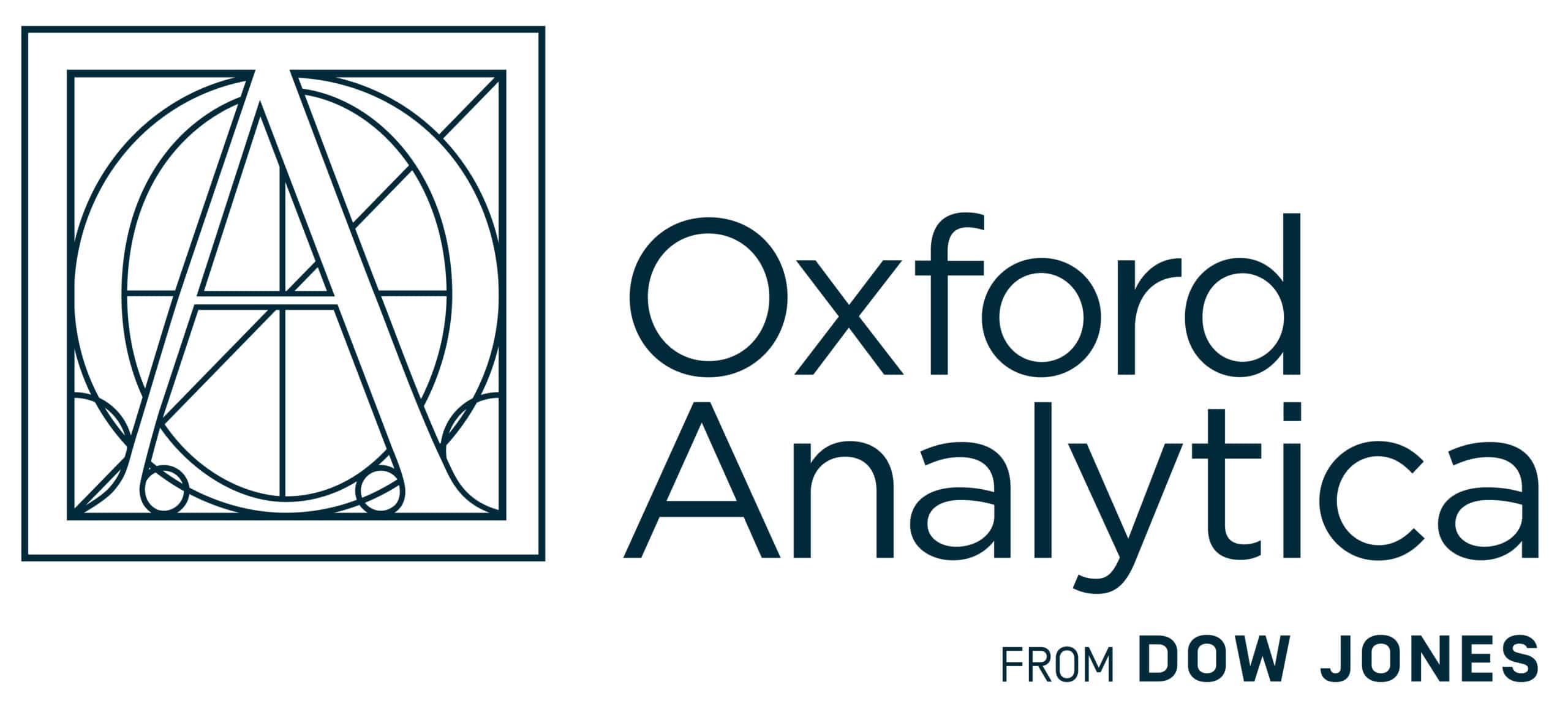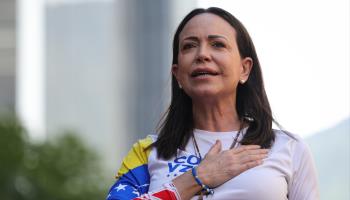The Nobel Peace Prize will give at least a short-term boost to opposition leader Maria Corina Machado
Opposition leader Maria Corina Machado was awarded the Nobel Peace Prize on October 10. US forces operating in international waters have killed 24 people in four small boat bombings since early September. A UN Security Council meeting on October 10 urged US restraint, but President Nicolas Maduro’s capacity to capitalise on international criticism of US action has been offset by Machado’s Nobel Prize. Venezuela’s embassy in Norway has been closed.
What’s next
With Washington adducing “non-international armed conflict” against drug cartels, expectations of US military action in Venezuela remain high, with options ranging from a targeted strike on Maduro to a land invasion. US sanctions, affecting officials from government, the military, judiciary and state companies, limit the potential for high-level defections. The boost to Machado’s position from the Nobel Prize is likely to fade unless Washington moves quickly to unseat Maduro.
Subsidiary Impacts
- For business, opportunities in Venezuela’s extractive sectors could expand, with both Maduro or Machado offering increased access.
- Machado’s prize will strengthen the White House narrative of legitimate regime change efforts in Venezuela.
- The Nobel has made Machado appear primed and prepared to assume power, but critics remain unconvinced of her pluralist convictions.
- Civil militias and the armed forces will continue to mobilise across Venezuela, while Maduro will focus diplomatic activity on key allies.
Analysis
The United States has continued to build a heavy military presence in the Caribbean off the coast of Venezuela under the direction of the US Southern Command (SOUTHCOM) (see VENEZUELA/US: Conflict threat will raise wider fears – September 9, 2025). US military assets in the region include:
- naval forces involving eight surface warships, the littoral combat ship USS Minneapolis-Saint Paul and the attack submarine USS Newport News;
- air assets including F-35B Lightning II stealth fighters, MV-22 Osprey tiltrotor aircraft, CH-53E Super Stallion helicopters, AH-1Z Viper attack helicopters, P-8 Poseidon maritime patrol aircraft and MQ-9 Reaper drones;
- the converted cargo vessel Ocean Trader, serving as a special ops mothership, with capacity for 159 special forces personnel; and
- an estimated 10,000 troops, with personnel and hardware concentrated in Puerto Rico.
US military activity in the region appears to be widening
An April 2025 memorandum of understanding (MoU) with Panama allows temporary US deployment from authorised air bases and “first and free” priority passage through the Panama Canal. Approaching the anniversary of the 1983 US invasion of Grenada and the execution of President Maurice Bishop, Washington has also requested permission from Grenada to install radar equipment and technical personnel at Maurice Bishop International Airport.
“Non-international armed conflict”
The Trump administration has continued to deflect the inference that the military build-up is a preparation for conflict or other form of aggressive action against Venezuela. Article I, Section 8 of the US Constitution reserves to Congress the power to authorise military force, leading to criticism that the deployment is unconstitutional.
Previous US presidents have acted unilaterally on the grounds of national emergency. President Donald Trump’s team is taking a similar line, defining the enemy in the Caribbean as drug cartels “flooding” the US with drugs. Maduro and other senior figures have thus potentially become ‘legitimate’ targets:
- In August, Washington designated Maduro a drug kingpin, a narcoterrorist, leader of the Cartel de los Soles (a Specially Designated Global Terrorist as of July 2025) and collaborator with the Venezuelan gang Tren de Aragua, dissidents of the former Revolutionary Armed Forces of Colombia (FARC), and the Mexican Sinaloa Cartel (see VENEZUELA/US: Military threats risk wider instability – August 19, 2025).
- The United States maintains that Maduro’s longevity in power — despite crushing US sanctions — is due to cocaine revenues.
On September 2, the United States carried out its first strike against alleged drug trafficking in the Caribbean, bombing a small boat heading for Trinidad and Tobago and killing eleven people. Washington has not presented proof that this vessel, or the three bombed since, were carrying drugs, nor offered clarification of the volume or type of drugs allegedly being trafficked or information to substantiate trafficking claims.
The extrajudicial killing of the passengers in international waters has been criticised by US and international actors, as well as Russia and China, as outlined by both countries at the emergency meeting of the Security Council. A Senate resolution introduced by Democrats Tim Kaine and Adam Schiff requiring congressional approval for further military strikes was defeated by two votes.
Drug War redux
Similar US actions under past presidents had negligible impact on the availability of illegal drugs and there is substantial evidence that they instead fragmented and diffused drug trafficking. The ‘decapitation’ of previous kingpins, including Pablo Escobar in 1993, transformed trafficking structures with a shift from well-organised cartels to small and agile ‘cartelitos’.
Recent reports from the US Drug Enforcement Agency and the UN Office on Drugs and Crime (UNODC) do not support White House claims that Venezuela is producing drugs, and it has a marginal role in trafficking chains, with the bulk of cocaine entering the United States transiting the Pacific.
- At the same time, cocaine use in the United States is low compared to other controlled drugs — an estimated 1.9% of the population use cocaine compared to an opiate prevalence of 3.2%. Of the 80,391 US drug overdose fatalities recorded in 2024, 70% involved opiates, predominantly fentanyl (see INTERNATIONAL: Fentanyl market set to spread globally – August 16, 2018). According to the 2025 International Narcotics Control Strategy Report, Venezuela is not a relevant actor in the manufacture or trafficking of synthetic opiates including fentanyl (see INTERNATIONAL: Narco-subs will further improve – February 21, 2025).
- Moreover, the price of cocaine at wholesale and retail level in the United States and Western Europe is at historic lows due to a glut of coca production in the Andes. A kilo of cocaine in Colombia costs around USD1,200. At retail level in the United States, the same kilo can be worth up to USD35,000. The US narrative construct of cocaine-funded regimes is at odds with the fact that cocaine is not a high-value commodity in the Andes.
Regime change prospects
However, the narrative of a drug war provides the United States with the flexibility to displace Maduro but also to shift quickly to another alleged problematic drug hot spot as politics (not drug policy) dictates. In the unlikely event some form of rapid rapprochement with Maduro is found — despite Washington cutting off all dialogue a fortnight ago — drug wars enable a military and geographic pivot.
The ‘drug war’ concept could have wider application elsewhere
In the short term, US pressure will escalate, buoyed by Machado’s Nobel Peace Prize. In interviews since the Nobel announcement, Machado (who cannily dedicated the award to Trump) has posited that removing Maduro is not regime change, but facilitation of democracy and the rightful presidency of opposition candidate Edmundo Gonzalez, defeated in the opaque July 2024 presidential contest (see VENEZUELA: Disputed election leaves uncertain future – August 7, 2024).
Coverage of the Nobel Prize has enabled a recasting of Machado’s long historical record of mobilisation against the ‘Bolivarian Revolution’, a substantial proportion of which has been spent opposing all forms of dialogue with the government or (until 2024) engagement with election processes (see VENEZUELA: Opposition candidate will face obstacles – October 25, 2023). This has caused frustration for other opposition actors who believe her strategy over the last two decades has been divisive and detrimental for previous presidential candidates such as Henrique Capriles in 2013.
Regime change seems imminent, and expectations of Machado are elevated, but there are perilous risks ahead. With Trump having proclaimed the achievement of ‘eternal peace’ in the Middle East, the risk of conflict is rising in Venezuela, if not the wider region.



